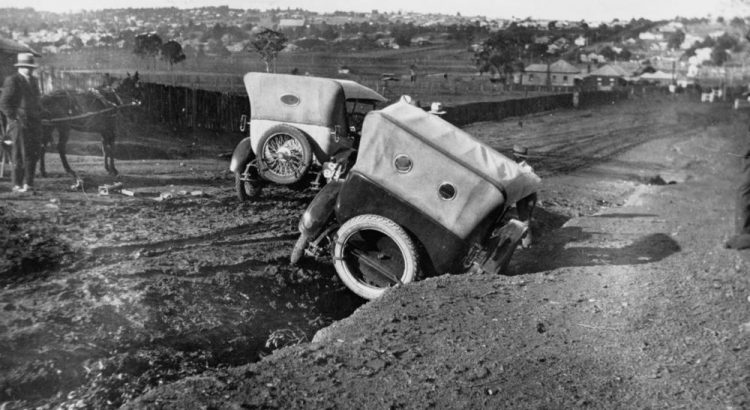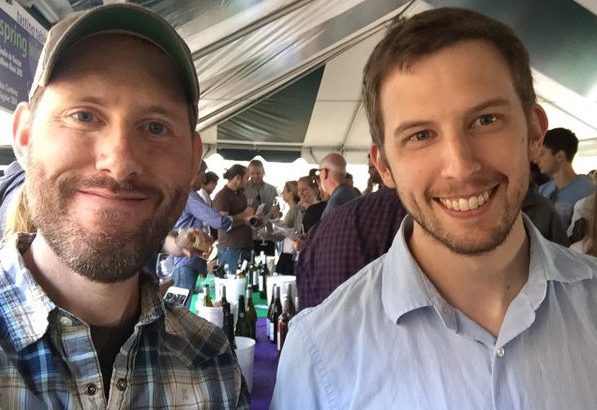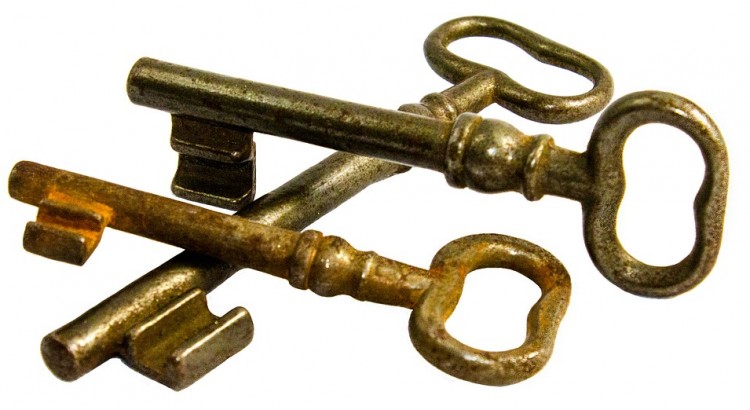Podcast: Play in new window | Download
Subscribe: Spotify | Email | TuneIn | RSS
The good news is that your research project has gone well over the last few years, and you got your paper published.
The bad news is that you published everything in that one paper, and you’re out of ideas.
And you’re five years into the program.
And your PI doesn’t want to help you anymore.
How, exactly, are you supposed to get your research project out of the rut and back on track so you can graduate?




